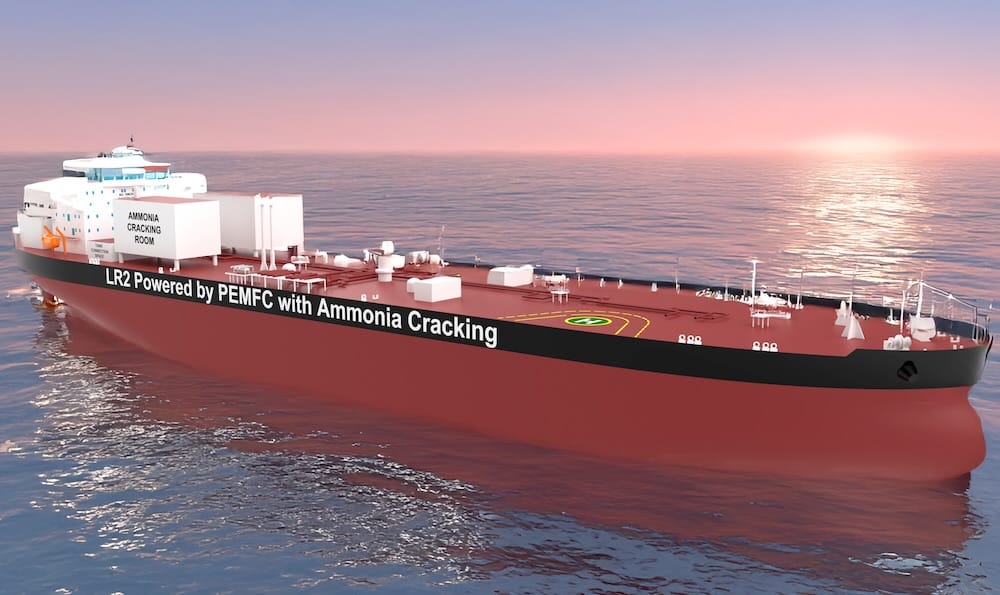MISC heralds ammonia-fuelled tanker design incorporating fuel cell technology
Revolutionary Ammonia-Fueled Tanker Design Approved

Groundbreaking Maritime Innovation Unveiled
Malaysian shipping giant MISC, in collaboration with Samsung Heavy Industries (SHI), has achieved a significant milestone with the approval in principle (AiP) from Bureau Veritas Marine & Offshore (BV) for their ambitious design of the world’s first ammonia-fueled LR2 tanker. This pioneering vessel will utilize Proton Exchange Membrane Fuel Cell (PEMFC) technology, marking a transformative step in sustainable maritime transport.
The innovative design is centered on the integration of advanced PEMFC technology developed by Vinssen, combined with an ammonia cracking system (ACS) engineered by Panasia. This initiative aims to create a large-scale commercial vessel capable of supporting full-scale power for various operational needs, including vessel propulsion, cargo handling, and onboard energy requirements. MISC emphasizes that this breakthrough goes beyond previous applications, which were typically limited to smaller vessels or auxiliary functions.
The new tanker design promises to eliminate direct CO₂ emissions, positioning it as a catalyst for broader adoption of ammonia-based fuel cell technology within the maritime industry. This move is expected to inspire other companies in the sector to explore similar sustainable solutions, aligning with global efforts to combat climate change.
Industry Leaders Advocate for Sustainable Shipping
Zahid Osman, the president and group CEO of MISC, expressed enthusiasm about the collaborative effort, stating that the partnership with SHI and BV is a significant step towards establishing a new standard for sustainable shipping. He highlighted the importance of advancing innovative solutions that can support the maritime industry in achieving its net-zero targets.
AET delivers LNG dual-fuel VLCC, Eagle Vellore on long-term charter to Shell
The approval of this ammonia-fueled tanker design signals a pivotal shift in the industry, showcasing the potential of clean energy alternatives in maritime operations. As the shipping sector faces increasing pressure to reduce its environmental impact, this initiative could pave the way for more environmentally friendly technologies, fostering a wave of change across the industry.
With this groundbreaking development, MISC and SHI are not only setting new benchmarks for vessel design but are also encouraging a collective industry response to the urgent need for sustainable practices in shipping. As the maritime industry continues to evolve, the adoption of ammonia fuel cell technology may play a crucial role in shaping its future.
